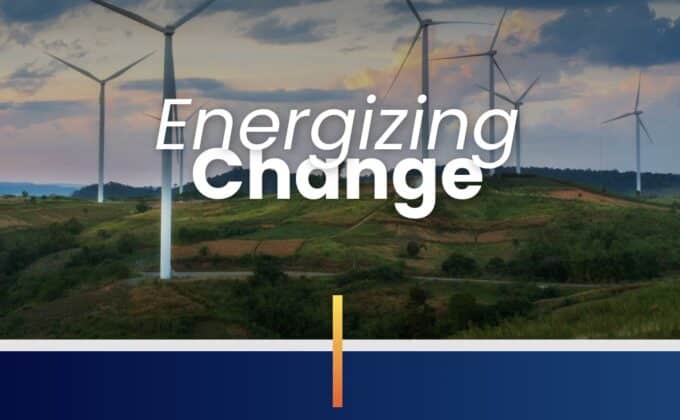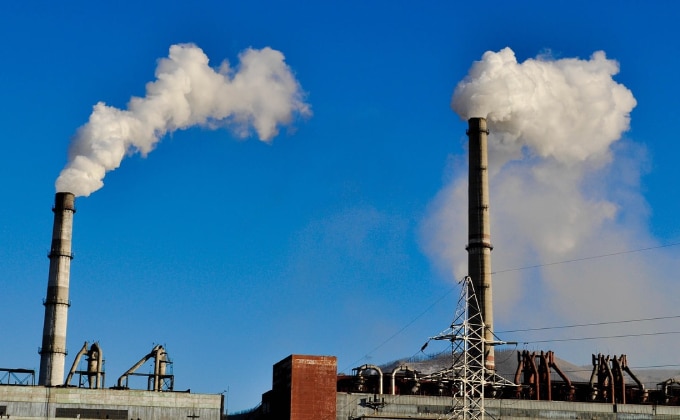
Blog
Incisive commentary from RAP experts
RAP experts keep their finger on the pulse of the energy sector and provide timely analysis of topics impacting stakeholders TODAY.
Filter >>
Content Filter:
December 21, 2023
Boiler alert: Predicting boiler breakdowns benefits households and reduces harmful emissions
Policymakers can provide stronger tools to avoid households becoming locked into new gas boiler systems We do not get to choose when our boiler breaks down. It could be at the start of the weekend, when a houseful of relatives… View Summary +

December 20, 2023
China’s coal power capacity payment policy: What it means and what’s next
The possibility of establishing a new capacity payment for power plants has been under debate in China for years. If well-designed and open to competing clean-energy resources, a capacity payment mechanism could be a workable part of a broad power… View Summary +

December 15, 2023
Getting contracts for difference right: Conversations with Monika Morawiecka’s inner teenage sceptic
The fossil gas price rollercoaster witnessed over the last couple of years has underlined the need to get renewables deployed at breakneck speed. At the same time we need tools to protect consumers from big price hikes. Well-designed, two-sided contracts… View Summary +

December 13, 2023
RGGI’s 2023 Program Review: An Opportunity for Frontline Communities (Part 2)
Part 1 of this blog highlighted the foresight of the Regional Greenhouse Gas Initiative founders. These air and energy regulators acknowledged their uncertainty as to all the effects this new program might have on electricity ratepayers, and developed an… View Summary +

December 12, 2023
RGGI’s 2023 Program Review: An Opportunity for Frontline Communities (Part 1)
When the Regional Greenhouse Gas Initiative’s program review comes around, many of us at RAP think of it as a cause for celebration. Now, that may be because we are environmental protection and administrative law nerds. View Summary +

December 8, 2023
Avoiding the worst pitfalls with capacity markets – Conversations with Bram Claeys’ inner teenage sceptic
Governments want to make sure the lights stay on during the most challenging moments of the year — think freezing cold days when the wind is not blowing and the sun hides behind grey clouds. Around Europe and further afield,… View Summary +

November 30, 2023
Getting the Job Done: Insights on Developing the Heat Pump Workforce
In the coming years, states will need to expand their skilled workforce in order to meet the increasing demand for heat pumps and other electrification measures, especially as new federal funds become available. To help state decision-makers determine which approaches… View Summary +

November 27, 2023
Will EU’s buildings directive bring benefits for low-income households?
Louise Sunderland highlights that flexible household energy use is pivotal to the energy transition. The Energy Performance of Buildings Directive provides an essential gateway to citizen participation in the smart energy system and to cheaper energy for low-income households —… View Summary +

November 14, 2023
Introducing RAP’s new look and improved website
At the Regulatory Assistance Project, we have always been guided by a vision where clean, sustainable energy is a reality in our world. In many ways, this is a vision of a changing world. As RAP helps governments improve and… View Summary +

November 8, 2023
新能源时代,煤电上网电价何去何从?
近日,国家发展改革委、国家能源局联合发布了《电力现货市场基本规则(试行)》,为全国各地区现货市场的建立起到了关键性的指导作用。在现货市场运行日渐成熟的情况下,国家发展改革委在2021年提出的“有序放开全部燃煤发电电量上网电价” 的概念值得继续完善,从而为现货市场的发展起到更好地协调和支撑作用。而继续当前的煤电上网电价机制可能会削弱系统可靠性,增加成本,甚至会减缓清洁能源转型的步伐。 煤电机组的补偿机制应当以现货市场为主,中长期市场为辅。具体来说,应当进一步落实国家发展改革委在2021年提出的计划,“有序放开全部燃煤发电电量上网电价,扩大市场交易电价上下浮动范围”,甚至更进一步,完全取消“基准价+上下浮动”机制。这当然并不是说所有中长期交易都应该被取消,而是取消中长期交易行政定价的限制。在新的机制中,中长期交易仍能够以金融合约的形式扮演重要角色,为现货市场的价格波动提供风险对冲服务,但协调各类电力资源、补偿运行行为和投资的主要平台应该是现货市场。 回望2021年,可以从全国范围内的“停电潮”中看出煤电上网电价机制的一些问题。2021年初,煤价显著上涨,然而当时的煤电上网电价机制难以及时地反映燃料成本价格以及市场供需的变化。因此,年中有许多煤电站都陷入了… View Summary +

